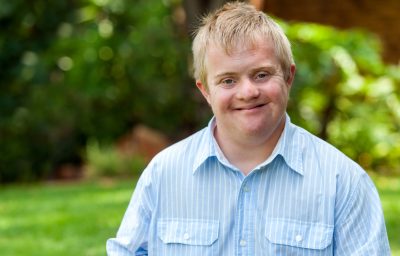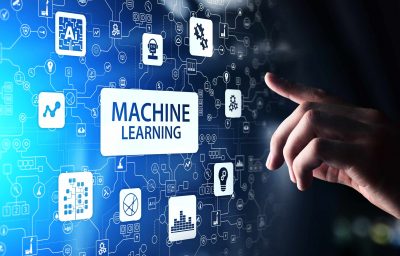
A research team at Northumbria University have launched a major project exploring how carers recognize and manage deterioration in the health of people with learning disabilities and autism.
Approximately 1.5 million people in the UK have a learning disability and it is estimated that around 1% of the population has an autism spectrum condition.
People with learning disabilities and autism are more prone to chronic health problems than the rest of the population and are often more susceptible to acute conditions, including sepsis.
As a learning disability can affect the way a person understands and communicates information, this may make it more challenging for carers to recognize the acute and often rapid deterioration that occurs when people become ill. This can result in delayed treatment, which can be fatal in cases such as sepsis, for example, where medical intervention is needed quickly.
While a number of tools to help carers recognize early deterioration do exist, there is a lack of evidence around their effectiveness as well as no consistent, national approach to using them.
To address these gaps in research, experts from Northumbria University will work with regional NHS Trusts and other partners, including The UK Sepsis Trust, to explore how carers, either professional or lay, use a range of assessment tools, including Early Warning Systems, to ensure timely provision of healthcare for people with learning disabilities and autism. The project has been funded by NHS England and NHS Improvement and Health Education England.
Having worked for many years in intensive care, I know what an impact early recognition, timely assessment and management can have on patient outcomes. Carers often have really good instincts about changes in the person they care for, but it can be difficult to describe those changes in words and know how to express their concerns effectively when seeking professional help. If we can understand the experiences of carers in seeking medical help and explore the impact of using Early Warning Tools and education, we will hope to inform and help shape the future of care responses and health outcomes for many people with a learning disability or autism who become suddenly ill”.
Dr Jane Greaves, Senior Lecturer in Northumbria’s Department of Nursing Midwifery and Health and project lead
A recent report by Public Health England highlighted that certain kinds of learning disability can make people more vulnerable to respiratory infections, such as Covid-19. According to the report, people with learning disabilities are at four times the average risk of death from Covid-19.
People with learning disabilities are also more likely to suffer with co-existing medical problems, including common issues such as constipation, acid reflux and aspiration and ischemic heart disease. These can all cause changes in a person’s condition, mask other changes and complicate recognizing and interpreting signs of deterioration.
Several tools are available to help carers recognize early deterioration and provide a common vocabulary for discussing potential problems with people for whom they care.
This new study will investigate how families and non-clinical care home staff use these tools to recognize the signs of deterioration that might indicate sepsis or other serious problems. This will help identify what works best for carers and assist in making decisions about how to equip them with the resources they need.








